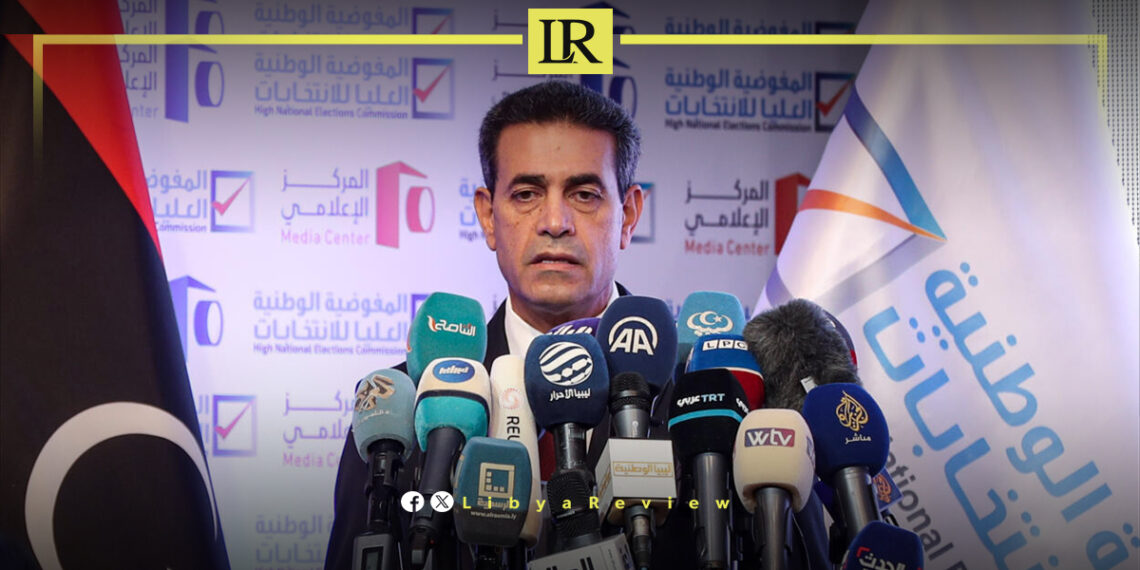On Monday, the Libyan High National Elections Commission (HNEC) announced that it will take decisive action against any attempts to disrupt the upcoming municipal elections.
In a strongly worded official statement, the commission raised concerns about influential groups trying to manipulate the process by creating fraudulent electoral lists and using their power to interfere with the democratic process.
The HNEC emphasized that these efforts aim to impose control through dishonest means, undermining the core principles of fair elections. The commission vowed not to allow such groups to determine the outcome of the elections, which should be guided by Libya’s established regulations that ensure a peaceful transfer of power.
HNEC made it clear that it would act swiftly to protect the rights of voters and candidates. “We will not hesitate to make immediate decisions to safeguard voters’ voices and protect the rights of candidates, nullifying any attempts to compromise the integrity of the electoral process,” the statement said.
During the nomination process, the commission observed several irregularities in targeted municipalities, where powerful factions attempted to pre-select candidates and control who could run. These actions violate the fundamental principles of fairness and equality that underpin a transparent electoral system.
HNEC stressed that such practices could lead to voter disenfranchisement and the exclusion of qualified candidates, threatening the democratic foundation of the election. The commission promised to take decisive steps to ensure that the elections proceed fairly and reflect the genuine will of the Libyan people.
Libya’s municipal elections are critical in the country’s ongoing efforts to rebuild and stabilize after a decade of conflict and division. Following the fall of Muammar Gaddafi in 2011, Libya has been mired in political instability, with competing governments in the east and west, and numerous local militias wielding power.
Municipal elections have become increasingly important, as local governance has taken on a greater role in the absence of a unified national government. However, this has also made them a battleground for competing factions looking to solidify control at the local level. The HNEC’s concerns highlight the fragile nature of Libya’s political landscape, where attempts to manipulate the electoral process could deepen existing divisions.
International observers, including the United Nations, are closely monitoring these elections, which are seen as a precursor to the long-delayed national elections. The outcome of these municipal elections will be critical in determining whether Libya can move toward greater political stability and democracy.
The HNEC’s commitment to ensuring fair elections is supported by both Libyan civil society and international partners. With the country’s future at stake, the commission’s ability to maintain transparency and prevent election fraud will be essential for restoring trust in Libya’s democratic processes.


